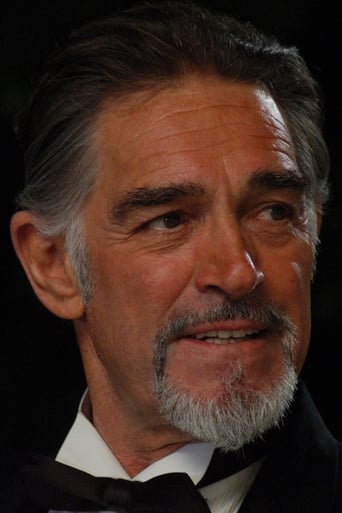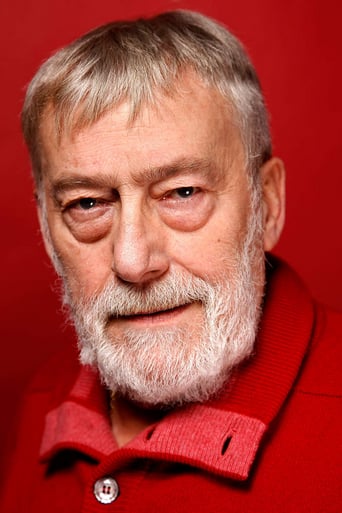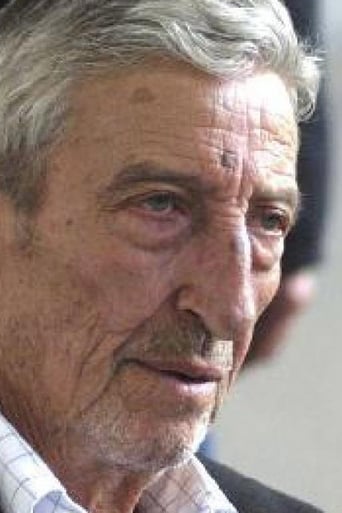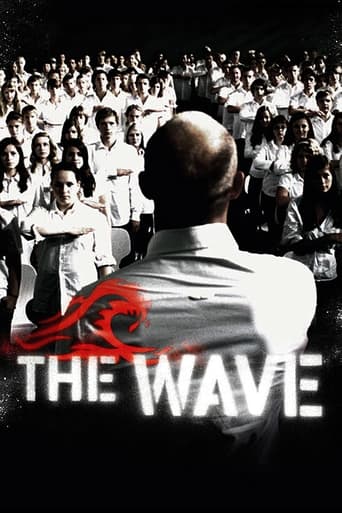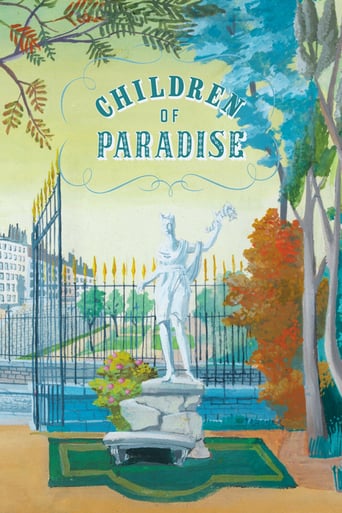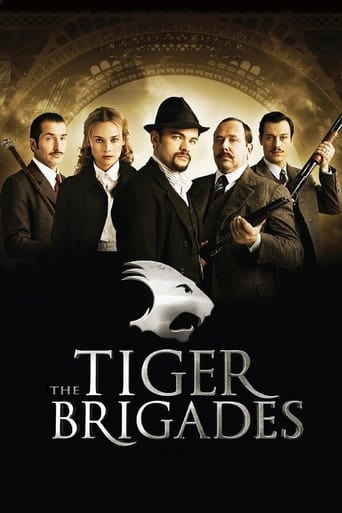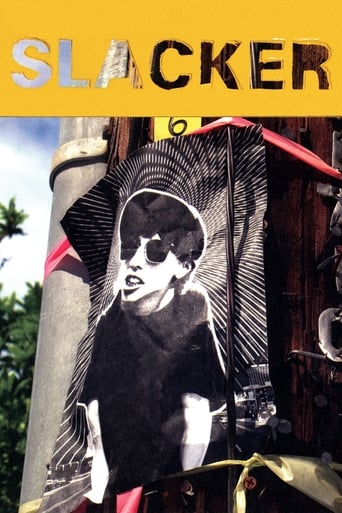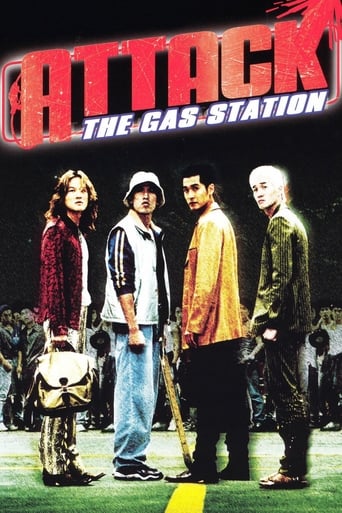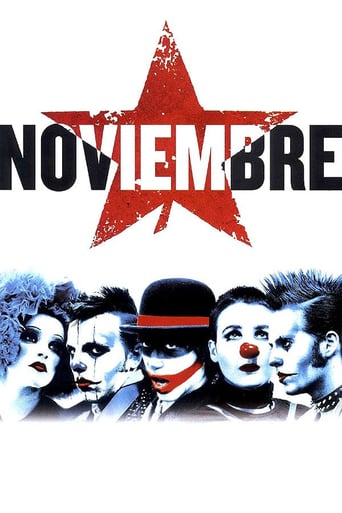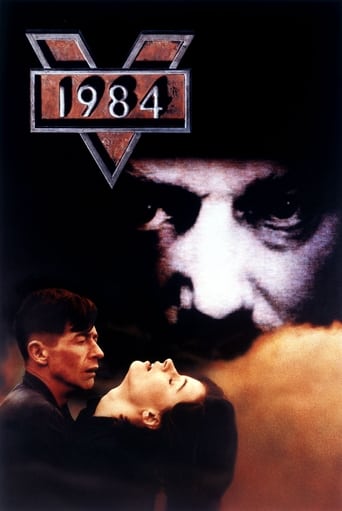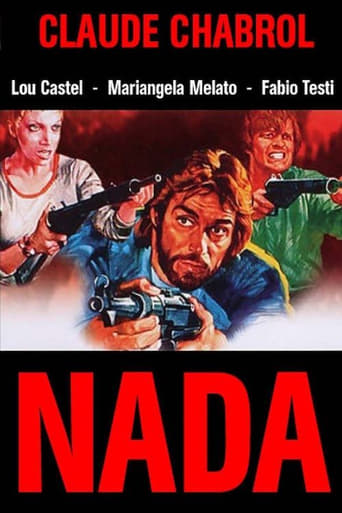
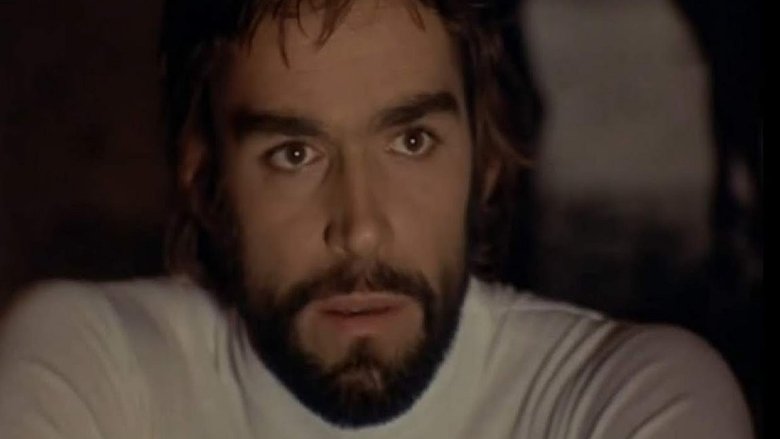
The Nada Gang (1974)
Nada, named after a gang of Spanish anarchists, is a small, confused band of French terrorists. They kidnap the American ambassador after one of his regular visits to an exclusive brothel. The gang starts to quarrel amongst themselves as to the diplomat's fate, while the police purge suspects in their attempts to destroy the Nada faction. As the violence escalates on both sides, the States and the terrorists are forced to use one another's methods in an increasingly desperate and relentless conflict.
Watch Trailer
Cast
Similar titles
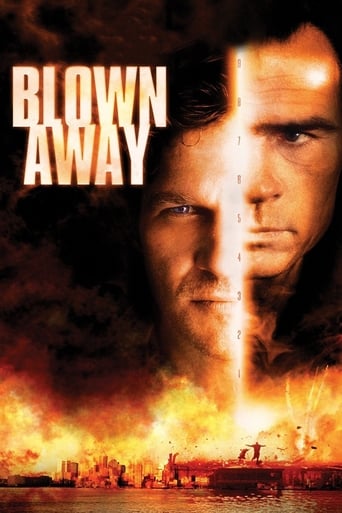
Reviews
I wanted to but couldn't!
Fantastic!
best movie i've ever seen.
This is a coming of age storyline that you've seen in one form or another for decades. It takes a truly unique voice to make yet another one worth watching.
An anarchist group called Nada kidnap the American ambassador in a high class Paris brothel. The state then counter this by giving the chief of police license to deal with the situation. The state proves to be more brutal than the terrorists.This is a pretty atypical film from Claude Chabrol. While it deals with moral ambiguity, which many of his films do, it also is very directly political which is unusual. Other than the idea that the state can be more amoral than terrorists, I'm not too sure what else the film has to say. The subject matter of Marxist revolutionaries taking radical action is one that would have been much more in vogue in the 70's than now though. Overall, the film lacks the personal feel of Chabrol's more intimate thrillers. The political angle doesn't seem to be material best suited to his style. And as a result Nada is a slightly underwhelming movie.
The NADA Group's weakness is that it's both too circumscribed by the state and too willing to mirror the state to count itself as revolutionary. The boldness of Chabrol's film is his picture of a criminal, sadistic authoritarian state, so that the first half of this equation is more than convincing. In his first and last theoretic statement, Diaz says: "Leftist and state-controlled terrorism, while their methods cannot be compared, are the two jaws of the same idiot trap." Yes, Diaz is right the trap he fell into was much of his own doing, but the failings of the cadre is in no way comparable to the nearly absolute social control of the state.This said, the outcome of the kidnapping of the US Ambassador, might have been more favorable--or not undertaken in the first place--if NADA was a truly revolutionary group. The greater the force, the stronger the internal politics have to be. That is, self-determination may not have been an option, but acting according to principle was. Three ways in which NADA reflects the state, and thus makes itself more vulnerable to the state, are in its treatment of women, in its casual reliance on violence, and in its adherence to spectacle.Upon entry into the US Ambasador's bordello suite, one NADA member announces "We are not sadists," presumably to ease "Salome" and claim a difference with the State. Granted, but NADA is sexist. It does practice sexual commodification and it does exploit women. Veronique Cash may not need a Madam, nor get paid for her services, but one of her services is obviously sexual. Women as sexy yes, love as sex no: this is the formula of both the State and NADA. And tellingly, Epeulard, mister experienced-revolutionary, does not want her in the group, but he does want her body. Cash is kind of like the drinks she serves, a kind of badge for the cadre's masculine status. Nameless, to both the police state and to the cadre, she identifies herself as "a kept girl" or "I'm a girl, I'm a whore." And is referred to as "a misunderstood bitch," which is, in a way, accurate. For she may be, in the end, the most subversive "member" of NADA. She alone is in touch with the natural world (her rabbits are the first victims of the massacre); she alone is armed enough to take measure of vengeance for it, and she alone can take the measure of the failed men around her (the only man shown doing housework is Epeulard --and only after his impotence is made clear). But it's her shocking mind-blown murder at the hands of the fully masked Goeman that's the ultimate proof both a brutally sexist state, and a feckless revolutionary cadre.In the tete-a-tete between the Minister and Goemond, the siege of NADA is put on the level of military operation, cross-hairs, cold calculation, and summarial justice: "I don't care how you do the job," says the Minister. "Besides, is it worth taking them alive?" "If up to me," says Goemond, "I would put them to the wall... but the Ambassador?" "If they liquidate him," says the Minister, "how dreadful... the left has a tiny fraction of sympathy which could no longer identify with the left." NADA's violence casts a very weak shadow next to the fatherland's, but it's relation to it is no less obvious. The bungled abduction, the shoddy planning, the death of the cop and the house worker, the male swagger and callousness, the casual romance of the plan, the cynicism and indifference, and the suicidal, heroic tendencies, are all part of NADA's violence. An actual opportunity does not a timely and thought-out political action make. One result of this is the immediate round-up, interrogation and, in some cases, torture, of a thousand Parisian lefties. Another is the subsequent deaths of every damn one of the NADA comrades. All this cannot simply be cast off as expediency. It is not true as Goemond says "that leftist have no guts," but it may true that action and weapons are more endearing to them than intelligence or defense.Yes, "the revolution will not be televised." But the state/media are one and NADA gets cast in a story it cannot direct. Lifestyle, personality, posturing, and cool gestures can inform their narrative, while intelligence, community, and reason are what the omnipresent cameras and TV screens cannot shoot nor display. So if the state has its script, stagecraft, and empire style down pat, NADA, unable to produce its own image, must capitulate in its own demise. Each member's role is cued by the shadows of little screens. One adapts an all-black clothing scheme, another shouts "I'd rather die in blood, than live in a pile of poop," another goes down with "shit, long live death." No wonder XX says "the 60s had a goal;" and calls this malleable giddy group a "bunch of kooks." Diaz, on the lam after the siege, broadcasts his identity to a gas-attendant, trusting fame will spark the revolution: "tell the press they murdered us." NADA confuses popular support with voyeurism. And Diaz, believing in the simple idea of anti-authority is, like NADA itself,, politically apathetic, and never asserts any politics on its own terms. So, it's up to Treuffais, who's passed up the abduction, to offer the "short but full story of the Nada Group" which he does in words and not images.
THE NADA GANG (Claude Chabrol - France/Italy 1974).With this excellent political thriller Claude Chabrol charted into more familiar genre territory. This time he made this cynical account about a small Franch group of post '68 terrorists kidnapping the American ambassador from a luxury Parisian brothel, secreting him away in an isolated farmhouse while they wait for an answer to their demands. But the police chief they're dealing with is even more violent than they are and doesn't care about getting back the hostage alive.In hindsight this film has become a typical exponent of the - mostly left wing - underground activities in the '70s and 80's. In these modern times, when terrorism is almost exclusively associated with Islamic religiously motivated terrorists, this kind of political activism comes across as refreshingly modern.While some might consider Nada as somewhat of a disappointment after Chabrol's brilliant series of films, like La femme infidèle (1969) Qua la bête meure (1969), Le Boucher (1970), La Rupture (1970) and Juste avant la nuit (1971), this remains cool, stylish and exciting film-making of the kind very few directors can match. And what about Fabio Testi in his black leather overcoat? Is he the coolest looking criminal you've ever seen, or what?Camera Obscura --- 8/10
A thriller with serious intentions but also with a fast pace and a comic/ironic view of all its characters motivations. The ideas behind the brutal police and the brutal kidnappers are dead serious, but Chabrol shows each side to be rather absurd and many scenes have some odd or funny pay off moment. The main policeman lounges like a goof ball in a chair while they torture a suspect. During the kidnapping one of the kidnappers knocks out a completely naked hooker and at the end of the scene comes back into the room to cover her pubic hair. The dialog is filled with comedic twists throughout. These Little things let us know that these deadly doings are, well silly. If it wasn't that people get killed doing them these people would be laugh out loud funny. That's the point of the tone of the film. It's an additional layer of damnation that most dead serious thrillers forget. The violence in the film is bloody and the message about politics being against all of us and ready to betray anyone, especially if you resort to killing your fellow man is important today. This is one of Chabrol's best films, he makes good use of helicopter views of the assault on the hideout at the end of the film. A well cast film with many parts, but you never get confused as to who is who. There aren't many films that have tried or achieved this combination of elements, one that does come to mind is the excellent TV movie THE DAY REGAN WAS SHOT.
